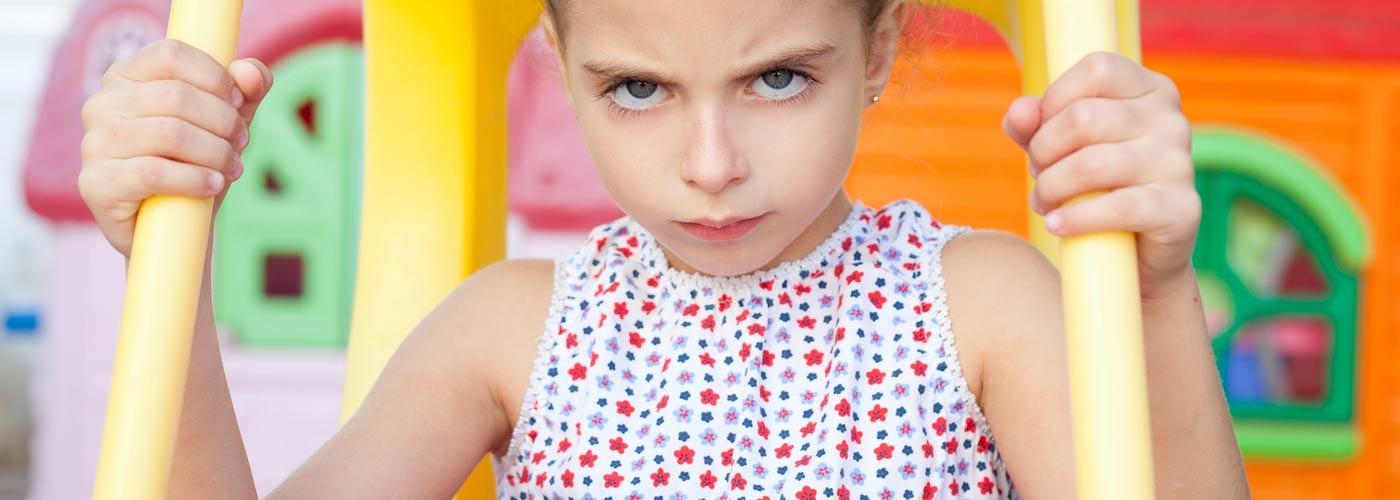Search Results for Complex%20Developmental%20Trauma
Advocating for your Adopted Child with Complex Developmental Trauma
Written By: Aleksandra Corwin, Lizzie Vance | Resource Creation By: Bridget Morton, Keli McNeill | Design By: Sunny DiMartino, Nathan Lueth, Christy Bui
Lori Hetzel is the mother of a child diagnosed with reactive attachment disorder (RAD). She describes the struggles her family encountered obtaining special education and resources for their daughter after they adopted her from Russia at age nine.
Residential Care: A Story of Love and Caring for a Traumatized Daughter
Written By: Lizzie Vance, Aleksandra Corwin | Resource Creation By: Leeann Sanders | Designed By: Sunny DiMartino, Christy Bui
After years of rages and fighting, Lori Hetzel’s adopted daughter’s behavior, diagnosed as Reactive Attachment Disorder, turns in a dangerous direction, leading the family to consider options for her care they have never wanted to consider until now. Nadya’s extreme emotionality, aggressive reactivity, and unpredictability has left the family with no good, safe options for keeping her at home.
Feeling Guilty When Raising a Child With Special Needs
Written By: Pamela DeLoatch | Resource Creation By: Keli McNeill | Design By: Sunny DiMartino
Parents are often their own toughest critics. When the idyllic picture of what we thought our family would look like is a stark contrast to what the reality is, we add on even more stress by feeling guilty about what we did or didn't do in a a sea of very complex situations. For parents of special needs children, these instances are magnified, but they are recurring thoughts of every parent, nearly every day. Break the cycle of guilt for your sake and for the sake of your child.
Adopting a Child of Trauma: Gaining Perspective on What Your Child's Behavior and Rage Are Telling You
Written By: Aleksandra Corwin, Lizzie Vance | Resource Creation By: Bridget Morton | Design By: Sunny DiMartino, Christy Bui
As the parent of a child with Reactive Attachment Disorder, Lori Hetzel knows that her daughter's intense emotions are trying to communicate what she is unable to express with words. Nadya's extreme behavior is the only tool she has for expressing her fundamental need for security. Read about Lori's efforts to maintain perspective during crisis, and then consider three perspectives to help you as you approach your own child's extreme behavior.
My Child with High-Functioning Autism Doesn’t Look Like Yours
Written By: Pamela DeLoatch | Resource Creation By: Bridget Morton | Design By: Analee G. Paz, Sunny DiMartino
Why does one child with Autism behave differently from another child with the same disability? While the neurospectrum disorder can cause social, communication and behavioral changes, from mild to severe, the impact of Autism is magnified when a second (or more) disability is involved. Read on to find out how parents can understand and help a child challenged by Autism, in addition to other chronic disorders.
Swing Low, Swing High: Parents Moving into Emotional Scaling for their Daughter
Written By: Nancy Yeang | Resource Creation By: Bridget Morton | Design By: Christy Bui, Sunny DiMartino
Parents of children with Reactive Attachment Disorder (RAD) and other trauma and stressor-related disorders try many techniques to mitigate the problems with emotion regulation and aggressive behavior. Emotional scaling can help children with RAD to better understand their emotional experience in order to regulate their emotions and behavior before experiencing outbursts of agitation and aggression.
Stop, Think, and Don’t React: Encouraging Parents to Be Proactive – Instead of Reactive or Confrontative – During Times of Conflict
Written By: Rebecca Thomas | Resource Creation By Bridget Morton | Design By Sunny DiMartino
Parents may often find themselves resorting to ultimatums, threats of punishment, removing privileges, or simply throwing up their hands when their child with special needs is having a meltdown and exhibits demanding or irrational behavior. Before exercising rigid authority, which often worsens challenging behavior, parents can instead use personal coping strategies to help themselves stay centered and focused so they remain calm in the face of conflict and, in turn, help their child become more calm as well.